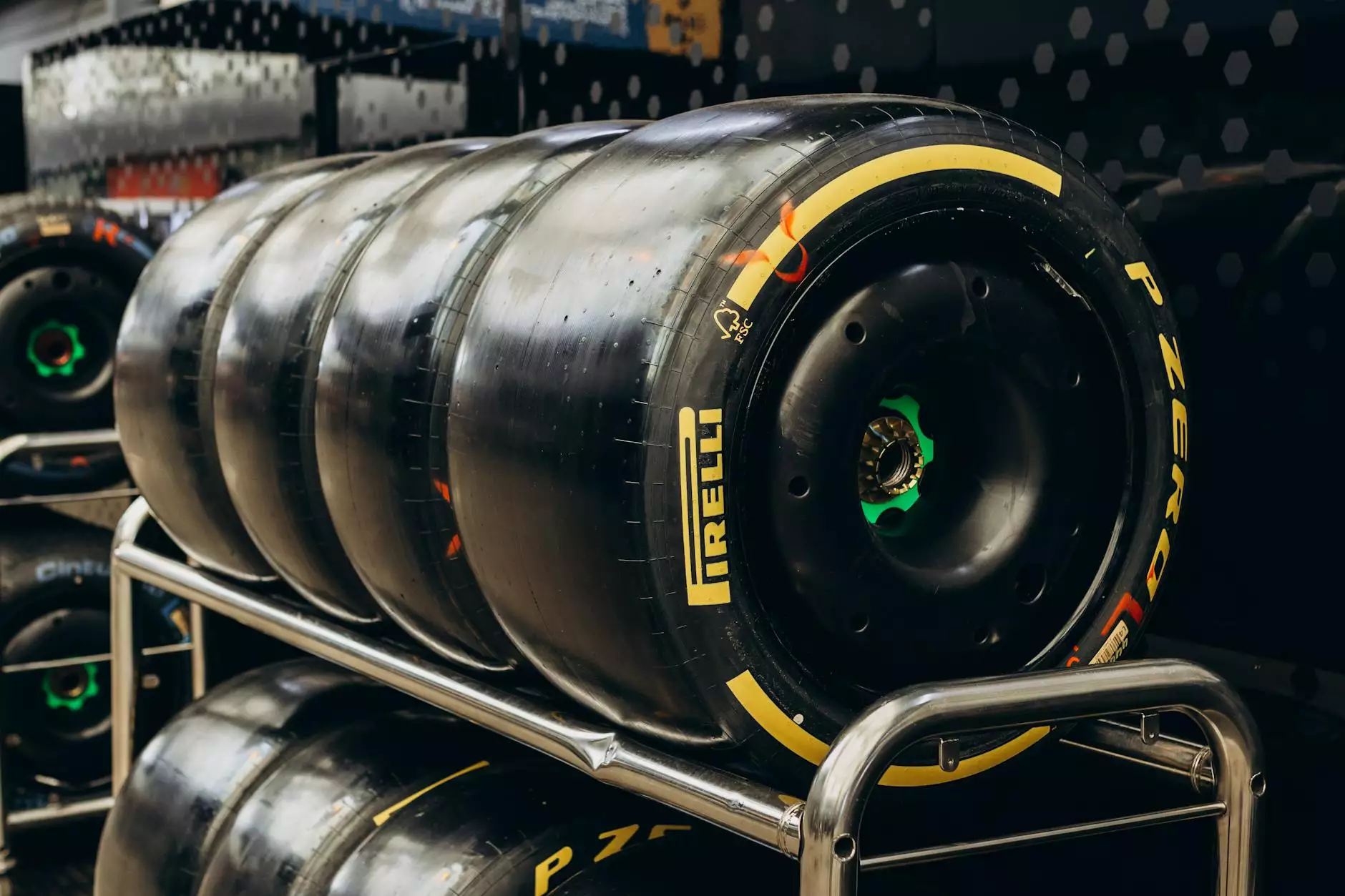Understanding CT Scans for Lung Cancer

Lung cancer is one of the most prevalent and deadly forms of cancer, making early detection critical for improving survival rates. In the medical community, the CT scan for lung cancer is a pivotal tool that enhances the diagnosis process, allowing healthcare professionals to detect abnormalities in the lungs with precision and clarity. This article aims to provide an extensive overview of what CT scans are, how they assist in lung cancer diagnostics, their importance in various healthcare settings, and how patients can benefit from them.
What is a CT Scan?
A CT scan, or computed tomography scan, combines X-ray images taken from different angles and uses computer processing to create cross-sectional images of bones, organs, and tissues within the body. It is a non-invasive imaging technique that offers detailed descriptions of the internal structures, making it an invaluable tool in modern medicine.
How Does a CT Scan Work?
The process of a CT scan involves the following steps:
- Preparation: Patients may be asked to change into a hospital gown and remove any metal objects that may interfere with imaging.
- Contrast Materials: In some cases, a contrast material may be administered orally or intravenously to enhance the visibility of specific organs or tissues on the scan.
- Scanning: The patient lies on a table that moves through a large, doughnut-shaped machine. As the table moves, the machine takes numerous X-ray images from different angles.
- Image Reconstruction: After the scanning process, a computer analyzes the X-ray images and reconstructs them into a detailed cross-sectional image of the body.
The Role of CT Scans in Lung Cancer Detection
When it comes to lung cancer, the CT scan serves as a crucial component in the diagnostic process, offering insights that are vital for effective treatment planning.
Benefits of CT Scans in Lung Cancer Diagnosis
- Early Detection: CT scans can detect lung tumors at an earlier stage than traditional X-rays, which allows for prompt medical intervention.
- Detailed Imaging: The high-resolution images produced by CT scans allow healthcare providers to assess the size, shape, and location of tumors, along with any potential spread to nearby lymph nodes.
- Monitoring Treatment: For patients already diagnosed, CT scans can track the effectiveness of treatment by revealing changes in tumor size or the appearance of new lesions.
- Guiding Biopsies: In some cases, CT scans can guide biopsy procedures, ensuring that samples are taken from the most relevant areas.
Types of CT Scans for Lung Cancer
There are specific types of CT scans that are especially pertinent to lung cancer diagnosis, including:
- Low-Dose CT Scan: This type of scan is recommended for at-risk populations, particularly for former or current smokers, as it minimizes radiation exposure while still providing high-quality images.
- Contrast-Enhanced CT Scans: These scans use a contrast agent to provide enhanced visibility of the lung tissue and surrounding structures, which can be particularly useful for evaluating suspected areas of concern.
Preparing for a CT Scan
Proper preparation is vital for obtaining accurate results from a CT scan. Here are some important considerations:
- Discuss Medical History: Inform your healthcare provider about any existing medical conditions, previous surgeries, and any medications you are taking.
- Follow Pre-Scan Instructions: Your doctor may provide specific instructions regarding food or liquid intake prior to the scan, particularly if a contrast material will be used.
- Wear Comfortable Clothing: It is advisable to wear loose, comfortable clothes on the day of the scan, as you may need to change into a hospital gown.
The CT Scan Procedure
Understanding what to expect during a CT scan can help alleviate anxiety. Here’s a detailed overview of the procedure:
- Arrival: Arrive at the imaging center or hospital approximately 30 minutes before your scheduled appointment to complete any necessary paperwork.
- Positioning: The technician will assist you in positioning yourself on the scanning table. It is crucial to remain as still as possible during the imaging process to ensure clarity in the results.
- Scanning Process: The CT machine will take a series of images as you are asked to hold your breath briefly at times. The entire process typically lasts 10-30 minutes, depending on the specific scan.
- Post-Scan Instructions: After the scan, you may be instructed to drink plenty of fluids, especially if a contrast agent was used, to help flush it out of your system.
Interpreting CT Scan Results
After the CT scan, a radiologist will analyze the images and prepare a detailed report for your healthcare provider. Key aspects of the results may include:
- Findings: Any abnormalities detected, including the presence of nodules, masses, or other indicators of lung cancer.
- Size and Location: Information regarding the size, shape, and location of any identified tumors.
- Next Steps: Recommendations for further testing, biopsies, or treatment options based on the findings.
Treatment Implications of CT Scan Findings
The outcome of a CT scan can significantly influence the treatment plan for lung cancer patients. Depending on the results, possible treatment options may include:
- Surgery: If a tumor is localized and operable, surgical removal may be recommended.
- Radiation Therapy: High-energy radiation may be used to target and kill cancer cells, particularly in cases where surgery is not feasible.
- Chemotherapy: Systemic treatment may be necessary for more advanced stages of lung cancer, especially if the disease has spread.
- Targeted Therapy: Certain treatments focus on specific genetic mutations within the cancer cells, offering personalized options for patients.
Conclusion
In summary, a CT scan for lung cancer is an essential component of modern healthcare that plays a crucial role in the early detection and management of lung cancer. By providing detailed images of the lungs, CT scans empower healthcare providers to make informed decisions regarding diagnosis and treatment. Understanding this process empowers patients to engage in their care actively and seek timely medical intervention.
If you or someone you know is at risk for lung cancer or experiencing respiratory issues, consulting with a healthcare provider can provide more personalized insights and treatment options. At Hello Physio, we are dedicated to promoting health through early detection and intervention. Together, we can work toward a healthier future.









